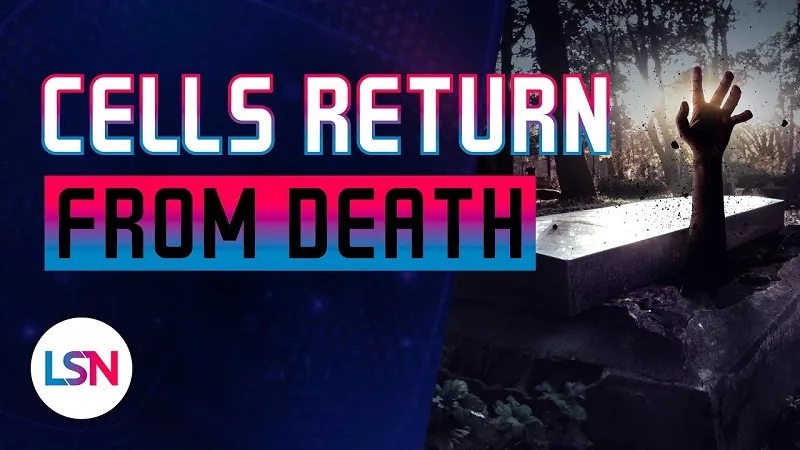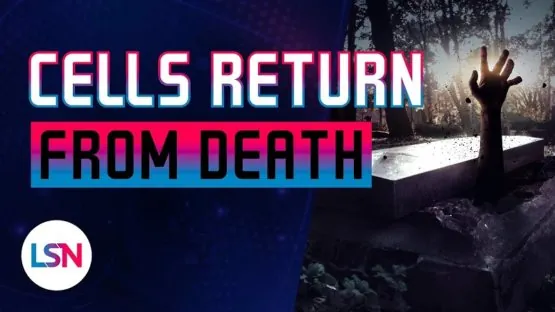Script
Questions about when life begins have been hot topics for awhile, but there is also debate about when life ends – and a new study, in which cellular activity has been restored in pigs an hour after death, is raising new questions about when “dead” actually means “dead.” It may also eventually extend medical science’s ability to keep humans alive, revolutionize organ transplants, and even have implications for cryopreservation and biostasis.
Advances in resuscitation have already moved the boundaries of life and death, making it possible to revive a person several minutes after the heart stops beating. However, bringing someone back an hour or more after a fatal ischemic injury, such as a stroke or heart attack, has been far beyond our capabilities. Now a new Nature study from Yale scientists shows that that may change.
The scientists created a technology called OrganEx, which has a lot in common with a heart-lung machine, but it reperfuses the body with a special solution that contains nutrients, drugs, various restorative molecules, and also some original blood from the patient – in this case, a pig.
Back in 2019, the same group of scientists made headlines around the world after they reported restoring some cellular functions in a pig brain four hours after death using a similar method known as BrainEx. This time, the researchers attempted the experiment with a complete body.
To reduce the possibility of animal suffering the pigs were anesthetized, and then their hearts were stopped. After an hour of being effectively dead at room temperature, the pigs’ bodies were connected to OrganEx machines and reperfused with OrganEx solution.
The researchers used two other groups as controls: pigs that were put on a regular ECMO machine, and pigs that had their blood flow restored almost immediately after it was interrupted, known as the zero-hour group.
Using the ECMO system one hour after death resulted in very low blood flow while OrganEx machines were able to restore normal flow that resulted in adequate oxygenation of the whole body.
Organs in the OrganEx group also had fewer signs of cellular damage, on par with those in the zero-hour group. Rigor mortis, which was clearly observed in the ECMO group, was also absent with OrganEx.
Markers of apoptosis and all other types of cellular death were greatly reduced with OrganEx compared to the ECMO group, and, again, on par with the zero-hour group.
There was also an assessment of glucose uptake by several organs in order to measure their metabolism. The OrganEx group easily beat the ECMO group and even, by a small margin, the zero-hour group. Histological analysis demonstrated a substantial preservation of cells and tissues, and electrocardiography showed the re-emergence of heartbeat patterns. There was even some movement of the pigs’ heads, necks, and torsos reported, and while the researchers didn’t have a full explanation for these movements, they believe that the signals originated in the spinal cord.
While these results are extremely impressive they do not mean that the pigs were brought back to life. Just like in the 2019 brain experiment, the researchers did not observe any of the brain activity that would indicate consciousness. However, the researchers also intentionally took steps that would make that outcome less likely. The OrganEx solution was 28 degrees Celsius, well below pig body temperature, and it included anesthetic compounds and neural blockers to prevent brain activity during the experiment. What would have happened if the researchers specifically attempted to reboot brain activity and restore consciousness is currently unknown.
According to the researchers, this technology could revolutionize organ transplantation. Today, organs often do not make it to the patients who need them. This technology could help to preserve the organs, increasing the amount of time that doctors have to work with.
Beyond that, if OrganEx-like technologies end up being able to restore brain function, they could also bring back people who today may be considered beyond the help of medical science. Our concept of when death occurs may be forever changed – even more so if these technologies advance to the point that function can be restored after cryopreservation, though there’s still much work to be done on that front.
And there are a number of ethical and legal implications here. This raises questions of when someone should be considered legally dead, and how they should be treated up until that point. And there are certainly ethical questions about attempting to move forward with the restoration of brain activity. Even setting aside concerns of zombie pigs, there are real questions of what might be brought back and what that experience might be like.
Regardless, this is an important area of study and I look forward to learning and seeing what this technology is ultimately capable of. When there’s more to share, we’ll have it for you here, so please subscribe so you don’t miss out. I’m Ryan O’Shea, and we’ll see you next time on Lifespan News!





